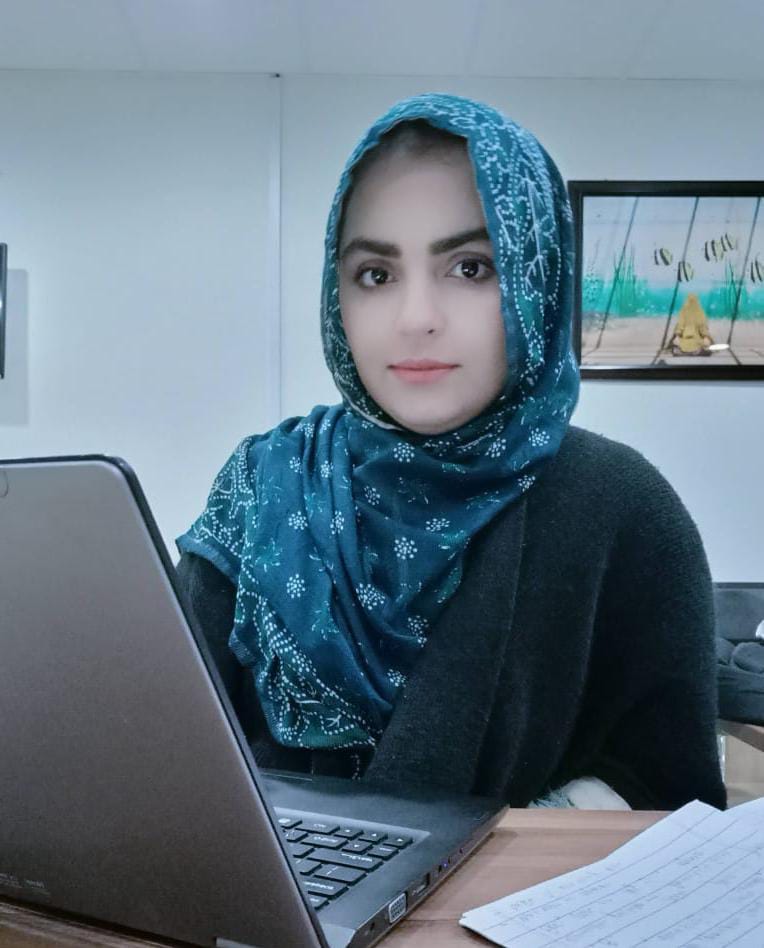There are welcome conversations about building caring societies that foster productive relationships between people and help improve quality of life, including for racial or ethnic minorities (Smith & Stovall 2008) and women (Isoke 2011). Understanding the processes of uncare for different ethnic groups is critical and complex if we have to build caring cities. Uncare can produce and result in reinforce prejudice, threats and violence due to an absence of healthy social relationships between people or presence of unhealthy relationships and practices (Shahrokh & Wheeler 2020; Beebeejaun 2017). Such practices can come from the state, in the form of systematic exclusion from public services (Smith 1999, 2015), or from below based on various markers of identity like religion, ethnicity, or gender (Maurer 2020).
Racial, ethnic and gender minorities are generally more exposed to the uncaring practices where they face systematic and more direct marginalization within the system. Refugees and other transnationally displaced people are especially vulnerable to these uncaring practices and experiences, with documented differences in health, education, and other quality of life outcomes between local and displaced populations from cities around the world (Amnesty International 2022). Millions of Afghan refugees in Pakistani cities have had similar experiences of prejudice, socioeconomic hardships and discrimination (UNHCR 2022) from the state and the society in the form of socioeconomic and political exclusion and discrimination. Subnational ethnic identities and socialized gender roles lead to different dimensions of uncare for transnationally displaced Afghans in Quetta, Pakistan.
There are multiple/multilayered dimensions of uncare for Afghan refugees to differences in socio-spatial mobility and unavailability of support networks for different ethnic groups in Pakistan. The groups that fled general instability and conflict, without origin stories involving minoritization, did not have support from within their respective group in their initial days in Quetta. Such as Pashtuns, Mughals, Arabs, Pashtun-Balochs, and Turkmans and to some extent Tajik as compared to the group that has an origin story of minoritization in both home and host state like Hazara. This racial ethnicity which has never been accommodated in refugee camps and are forced to take shelter in an already overpopulated ghetto town/societies due to insecurities caused by their ethnic-identities. The owner of the charity-based organization and Mullah at an Imam Bargah said “Due to security reasons Hazara refugees can’t take shelter and refuge in any other part of the city or camps (Except Hazara Town) where they are more exposed to the physical and socio-political insecurities put forth by society and state. We accommodate them in Imam Bargah, arrange the basic necessities for them and special arrangements have been made for the female and pregnant women. When the family feels stable and could arrange rented shelter then they leave the bargah and the center. The breakfasts, lunch and dinner are prepared with the collective contribution of the residents of the town and the charity centers”. Minoritization in Quetta leads to different socio-spatial constraints for different ethnic refugees, and which exposes them to different forms of social, economic, and physical discrimination and violence. Socialized gender roles impose further socio-spatial constraints on women, exacerbating their experiences of uncare and limiting their ability to build support and care networks with other women.
On a similar note, other ethnic identities of Afghan refugees are also not supposed to experience any formal support networks from the society and the state. Pakistan, which is not a party to the 1951 Convention relating to the Status of Refugees and 1967 Protocol. The state has also not enacted any national legislation for the protection of refugees nor established legal/formal procedures to determine the refugee status of persons who are seeking international protection within its territory. Such persons are therefore treated in accordance with the provisions of the Foreigners Act, 1946. In the absence of a national refugee legal framework, Pakistan generally accepts UNHCR decisions based on 1993 Cooperation Agreement between the Government of Pakistan and UNHCR to grant refugee status and allows asylum-seekers as well as recognized refugees to remain in Pakistan pending identification of a durable solution. The lingering legal status, socioeconomic and political exclusion, absence of legal framework is the systematic and structural practices of uncare and discrimination despite the fact that Afghan refugees are residing in Pakistan since the last four decades. It is critically important to understand the dimensions of uncare if our efforts to build caring cities/societies are to be successful for displaced people in Pakistan. Treating refugees as homogenous groups based on national origin is an uncaring practice in itself, and shape the dimensions of uncare that displaced people experience in host cities. The consequences can be contradictory for men and women of the same subnational group due to different socializations of gender in each group. Those in power must emphasize building more caring cities for displaced people by understanding how and why they were displaced and specific political dynamics of subnational identities and gender once they arrive in their host cities.


Yes, it is critically important to understand the dimensions of uncare if our efforts to build caring cities/societies are to be successful for displaced people in Pakistan especially I would recommend the case of KP Peshawar, because majority Afghan Refugee are here.
would like to discuss with you more about it.